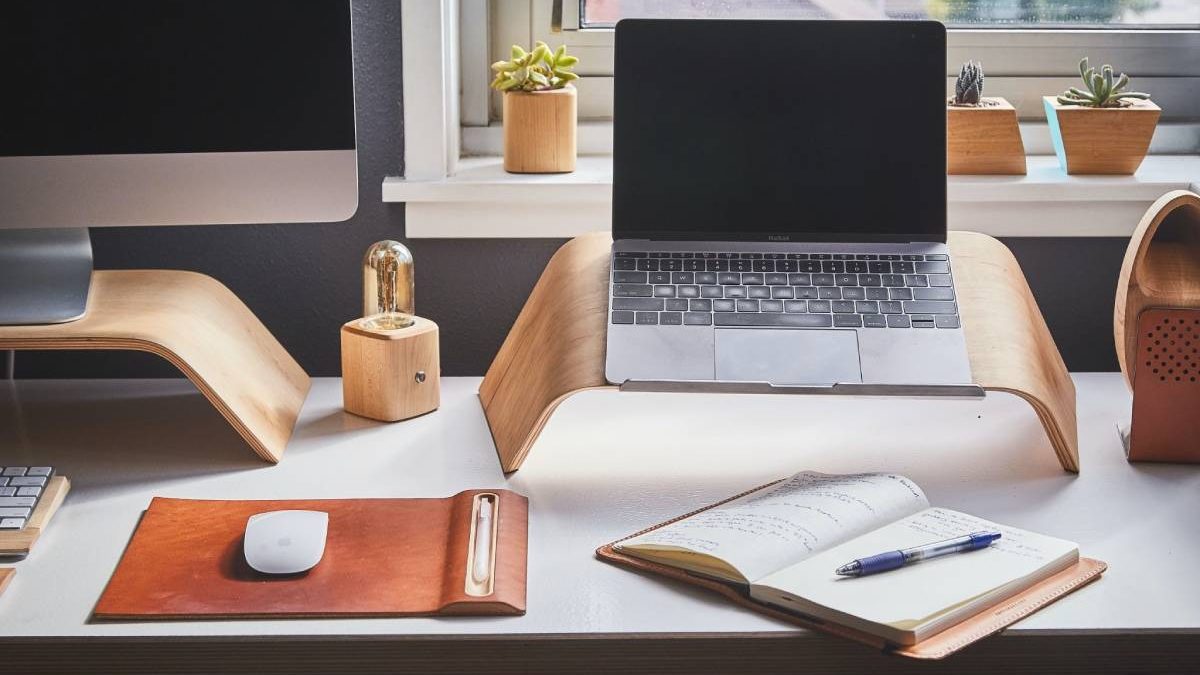You may have asked yourself that question after a week or two when you started working remotely. You may have worked or are still working in the dining area, inside your room, or in any parts of your house where you could place your laptop. You may have started to get confused in focusing at work while you are at home, and you are beginning to merge the image of your home with work.
To stop these new doors from letting the burnout in, you can buy some things that you can put in your home workspace, like bean bag chairs for kids, to remind yourself that you may take a break when needed. This is perfect, though, if you have kids at home to keep them from distracting you while working.
Nonetheless, here are the most important things to remember in making a good workspace or computer room:
1. Keep it Tidy
You can easily create a workspace with just one desk and one chair. However, you will almost certainly require additional equipment, such as a computer, a phone, or anything else necessary for your job.
On the office desk, you need to have papers to write on at times. The paper should be conveniently located unless your job does not require you to use papers. Maintain critical documents in a secure location that is out of reach of children.
Avoid accumulating unnecessary items on your desk, as they will quickly get and create a mess.
2. A Separate Room
Separate workspaces from other rooms in the house, such as bedrooms and living rooms, should be maintained. This is because having a dedicated workspace allows you to concentrate on your work.
A shared workspace with another room makes concentration difficult because other family members may be minding their own business while you struggle to accomplish your tasks. The workspace does not have to be big as long as it is large enough to accommodate tables and chairs.
Suppose you do not have a room that can be designated as a workspace. In that case, you can convert one corner of your home into a workspace by providing access to the Internet, electricity, and other utilities.
3. Professional Workspace
To keep yourself grounded of what you do at work, it is important to set up a workspace that correlates to your profession. Avoid adding things that are out of context in your daily tasks at work on your desk. Doing this will help you focus and invoke the needed drive and mindset in your profession. For example, if you work in a legal office or department, you want to see relevant books and documents on the desk other than your laptop and other work-related items.
By now, you would have felt some normalcy in a work-at-home setup, and the awkward feelings because of the unfamiliar work setting have started to settle as everyone’s reality across the globe.
Suppose there is one good thing that the current pandemic has brought to you and the rest of the people running the economy. In that case, many companies realize that it is possible to continue operations without having all its people go to the office every day. Unless the company belongs to an industry that would require an onsite workforce, then the work-at-home is not possible.

